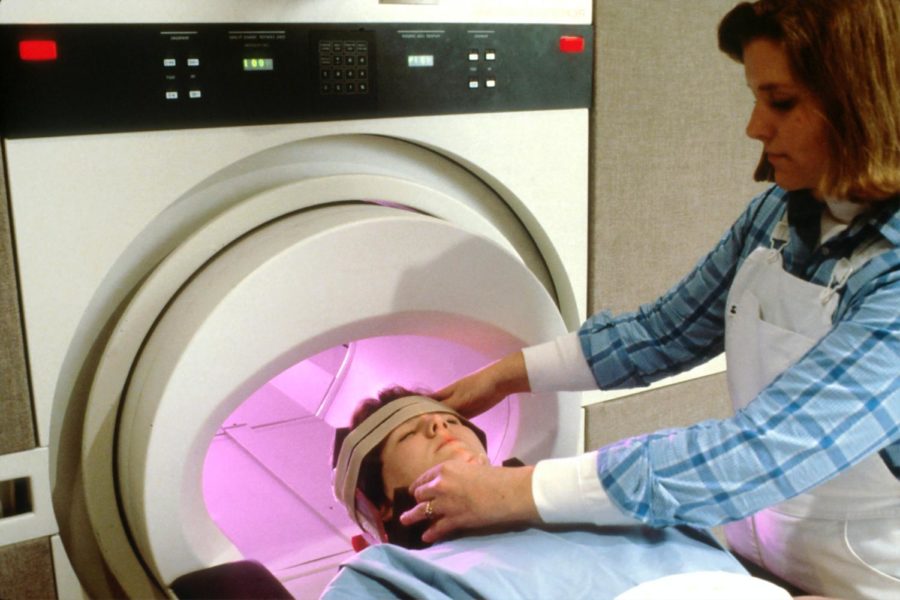A new Covid study, published in Nature (Daoud et al, March, 2022), finds that having even a mild case of Covid could permanently alter the brain. This UK biobank study looked at 785 subjects, 401 of which had contracted Covid at some point. Scientists took an MRI scan of each patient, and then a second MRI one year later. The scientists found a trend of declining motor skills and reduced gray matter in the brains of those who had contracted Covid. This decreased brain volume was comparable to ten years of aging.
According to scientists, after a certain age, people will experience 0.1%-0.2% of brain matter loss per year. This was supported by the data from the non-Covid brain scan group. Those who contracted Covid between the two brain scans received additional brain matter loss spanning from 0.2%-2%. Only 15 of the 401 patients from the Covid group had infections severe enough to hospitalize. Even upon exclusion from the study, the trend of decreased thickness in the brain cortex was prevalent. This decreased thickness is often associated with poor or worsening brain health.
If you’ve ever had Covid, you may remember its trademark loss of smell. This was one of the first signs that led scientists to believe that Covid may effect the brain. The olfactory cortex is the part of the brain that processes smell, and is also found to have links to memory. Scientists suspect that Covid may be attacking this part of the brain. The UK study found “greater changes in markers of tissue damage in regions functionally-connected to the primary olfactory cortex,” confirming the concerns of scientists who study the virus. The olfactory cortex was not the only part of the brain that scans found differences in. A part of the brain called the Hippocampus Gyrus was found to have “greater reduction in gray matter thickness and tissue-contrast.” The Hippocampus Gyrus is the part of our brain that is in charge of memory storage and retrieval, which explains claims of poor memory during and after infection with Covid.
Before you panic, let me disclose that this study was only held with subjects age 51-81. As brains age they become less resilient. Younger brains have the ability to heal themselves and recover at a much faster rate than those examined in the study. Unfortunately, this study is the first of its kind, and no other age group has been examined to this extent. More studies are needed to draw bigger conclusions about the interactions between Covid and the brain. There is so much more to be learned about Covid, but with each study, experiment, and discovery, we get closer to uncovering the whole truth.




